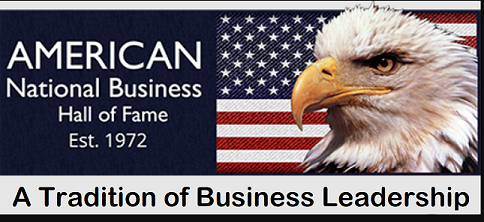SECTION 3: BACKGROUND CHARACTERISTICS OF
ALL THREE GROUPS
BACKGROUND CHARACTERISTICS OF THE BUSINESS LEADERS, FACULTY AND STUDENTS
INTRODUCTION
The background characteristics of each of the three groups for 2003 will be presented. A comparison to the earlier respective demographics will also be given. The question on ethics is presented before the demographics. The characteristics of the business leaders, faculty and students will then be discussed.
Although not
a demographic question, the question concerning haven taken an ethics class,
its information is presented in this section.
Table 3A reveals that business leaders were more likely to have taken the
ethics course than the current college of business students. The students
were the least likely to have had such a course.
TABLE 3A. PERCENT IN EACH GROUP HAVING TAKEN AN ETHICS OR MORAL PHILOSOPHY COURSE

Source: 2003 Study of Ethics
DEMOGRAPHIC CHARACTERISTICS
BUSINESS LEADERS
As shown in Table 3B, in 2003 an overwhelming percentage of the respondents were male, 92%. Even though Best Lists of Arizona randomly selected the sample of large companies, none of the respondents companies employed more than 900 persons. The average was in the 700 range. The two states with the largest number of respondents were California and Illinois, 14% and 11%. Almost half of the respondents were CEOs, in the service sector and had a management and marketing background.
The percentage of respondents in 1983 identifying themselves as CEOs was very close to the 2003 percentage. No information was reported in the 1988 article about business leaders.
TABLE 3B.-1 DEMOGRAPHIC CHARACTERISTICS OF THE RESPONDING BUSINESS LEADERS

TABLE 3B-2 DEMOGRAPHIC CHARACTERISTICS OF THE RESPONDING
USINESS LEADERS

Source: 2003 Study of Ethics
FACULTY
In 2003, three fourths of the faculty respondents were male. The largest responding group was faculty. About half were from regional universities with masters programs. About 4 in 10 were in business administration or management. All of the respondents in 2003 were from AACSB accredited schools. Only 43% of the 1989 respondents were from AACSB schools. Note that there are many missing values in this data since not all faculty received a questionnaire with the correct demographic questions on it. In 1989, almost the same percentage of faculty responded as in 2003, 53% to 52%.
TABLE 3C. DEMOGRAPHIC CHARACTERISTICS OF THE RESPONDING FACULTY

Source: 2003 Study of
Ethics
STUDENTS
In 2003, over half of the students were male compared to 49% in 1995. There were a lower percentage of senior students in 2003 compared to 1995, 39% to 47%. The vast majority in both years was college of business majors.
TABLE 3D. DEMOGRAPHIC CHARACTERISTICS OF THE RESPONDING STUDENTS

Source: 2003 Study of Ethics
